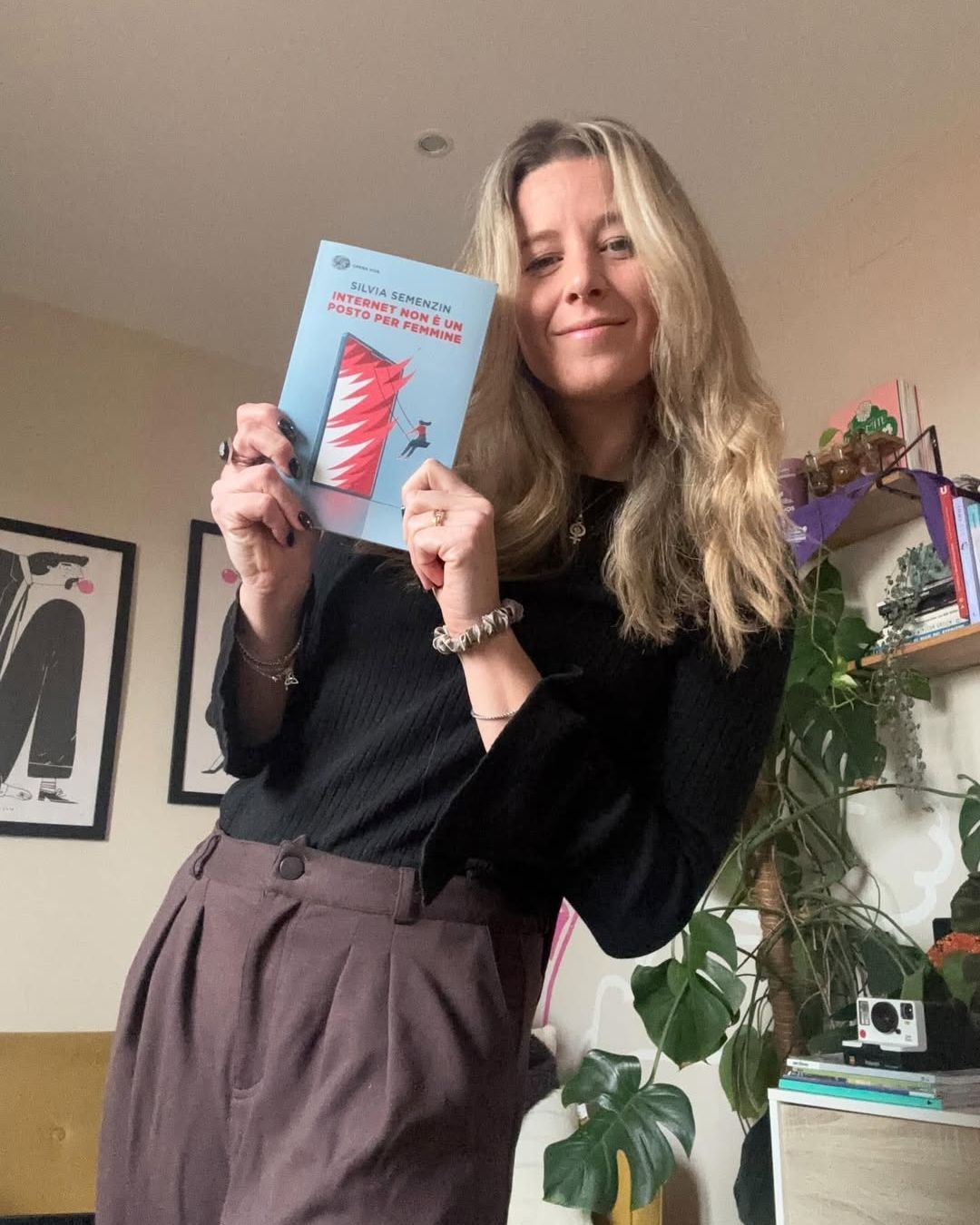
The problem with influencers in scrubs The abysmal difference between information and advertising
In the collective imagination, wearing a white scrub implies authority, seriousness, and rigor—qualities we don’t usually associate with the work of influencers. Online, the white scrub, just like pets or pregnancies, sells, and two recently published TikTok videos illustrate this well, created by those who refuse to use such rhetorical devices. Giulio Pedrazzoli (@giuliomugs), a doctor and make-up artist, analyzed how skincare, unlike sectors such as make-up, has become a sort of mandatory step for anyone choosing to turn their identity into an advertising channel. Pedrazzoli exposes those who talk about “products with active ingredients whose names they can’t even pronounce,” questioning whether various creators think their followers are stupid or deeply naïve: how is it possible to believe that a cream works miracles when the jar hasn’t even been opened?
@giuliomugs Se ti senti attaccato da questo discorso fatti un esame di coscienza, perché se ce l’hai pulita puoi solo che essere d’accordo
suono originale - Giuliomugs
"If I started doing ads, I’d lose my independence"
In a long video published on the same platform, biotechnologist and science communicator Beatrice Mautino responded to Pedrazzoli’s video, broadening the reflection on the relationship between commercial logics, science, and social media. Cosmetic companies often contact Mautino to hire her for advertising purposes, and from this statement, she shared an illustrative anecdote about what lies behind the many #ad labels we see online daily. Specifically, a cosmetic brand producing sunscreens sent her an extremely detailed brief, urging her, among other things, to propose call-to-actions to her followers by leveraging the scientific rigor that characterizes Mautino’s work; the persuasive phrases were along the lines of “How many SPF myths have you believed?”. After rejecting the offer, Mautino suggested that perhaps the company should have targeted very different figures, influencers, not people who are dedicated to education and public information. The brand quickly replied that an educational social media profile is not exempt from market logics. Subtext, barely hidden: they see her as just another content creator. If influencer marketing is in decline, figures from other worlds, like science, are being co-opted. The white scrub helps sell a bit more, but it’s just a costume: after all, as Mautino explains, it’s just a testimonial, a face hired for promotional purposes. It’s precisely in this ambiguity, between perceived authority, authenticity, and commercial logics, that this branch of marketing can thrive, almost undisturbed.
@divagatrice #stitch con @Giuliomugs suono originale - Beatrice Mautino
White scrubs and performative ecology
Analyzing the role of authenticity online, Crystal Abidin, one of the first global academics to study the role of influencers in digital culture, pointed out that this value, appealed to by many influencers, should not be understood as innate or spontaneous, but rather as a constructed and, above all, strategic performance. In particular, Abidin defines authenticity as a performative ecology, a codified set of practices and strategies that influencers put in place to appear “real” in the eyes of their audience. So it’s not about being authentic, but about being perceived as such. In other words—as Beatrice Mautino emphasizes—if you choose to be a testimonial, and everything you say can and must be monetized, you cannot deliver independent information, because your independence simply no longer exists. Your activity becomes subject to the logics of the market and profit, and your value is literally purchased by big brands and companies, while your content consequently loses quality, objectivity, and rigor. The relationship formed between authenticity, independent scientific research, and work on platforms appears worrying, especially when the validity of information is made subordinate to its marketability. Worrying and problematic, because it is tied to non-neutral logics, as the platforms themselves tend to reward a certain kind of content—more emotional and engaging than rigorous. When the line between information and promotion dissolves, the audience should not be blamed for being naïve: it is the system itself that makes the distinction opaque.

























































